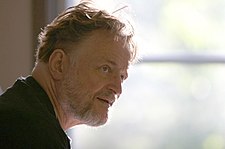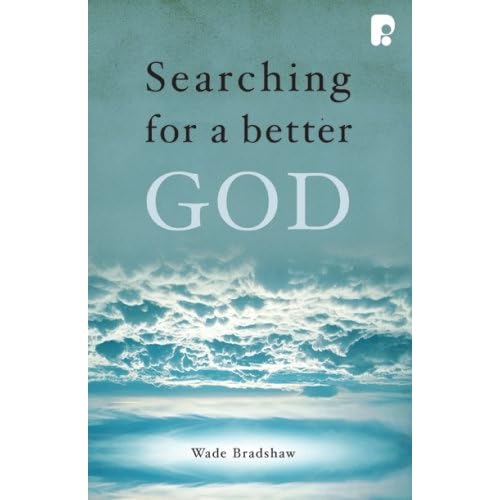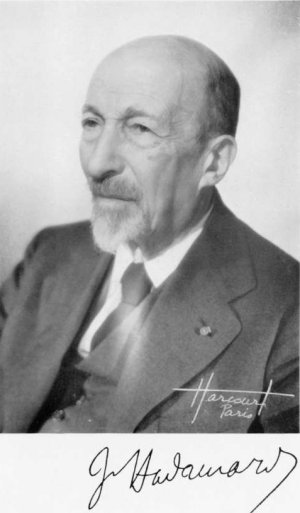 So I was reading the February issue of Notices of the American Mathematical Society when I came upon a surprising article entitled, "The Strong Free Will Theorem." The meaning of the theorem is that if humans have free will, then so do the particles that make up matter.
So I was reading the February issue of Notices of the American Mathematical Society when I came upon a surprising article entitled, "The Strong Free Will Theorem." The meaning of the theorem is that if humans have free will, then so do the particles that make up matter."More precisely, if the experimenter can freely choose the directions in which to orient his apparatus in a certain measurement, then the particle's response... is not determined by the entire previous history of the universe."
The Strong Free Will Theorem is the result of some basic assumptions of quantum mechanics and relativity, which virtually all physicists would agree on. The article is quite technical, but I found the philosophical implications fascinating. Essentially, it's bye bye determinism.
"Although... determinism may formally be shown to be consistent, there is no longer any evidence that supports it, in view of the fact that classical physics has been superseded by quantum mechanics, a non-deterministic theory."
So, what does this mean? Is the universe random, rather than determined?
"Although the FWT [Free Will Theorem] suggest to us that determinism is not a viable option, it nevertheless enables us to agree with Einstein that 'God does not play dice with the Universe.' In the present state of knowledge, it is certainly beyond our capabilities to understand the connection between the free decisions of particles and humans, but the free will of neither of these is accounted for by mere randomness."
The short answer is no, randomness has nothing to do with it.

To elaborate a little more with some of my own amazing mathematical knowledge, what these guys Conway and Kochen have proven is that there is no function relating the initial parameters of an experiment to what the elementary particles in that experiment do.
In probability theory, however, there can and must be a function relating initial assumptions with future events. The idea of probability is that you can define a measure on events, given a set of outcomes. For instance, if I have a fair coin with sides heads and tails, the probability that I flip a head has a measure of one half.
The (Strong) Free Will Theorem shows that in an experiment involving elementary particles, there is simply no such function, allowing particles to do... what they want?
I can't help but contemplate the theological implications, as well as the questions. If the universe makes decisions, then... what are its reasons?
Human free will is the freedom to act based on reasons and not as the inevitable result of past events. So when I ask you how you chose what your career would be, you can say something like, "I've always had a passion for [insert pastime here]," or, "Because I wanted to make money," and not, "Because the sequence of physical events of the past 15 billion years have led inevitably up to this point in history, in which I would choose to be a [insert career here]."
Does the universe have any such reasons? Is there any reason why a particle should make one choice over another? These are basically theological questions, aren't they?
It seems appropriate in this instance to end my post with a question, rather than an answer. Have fun pondering. :)














